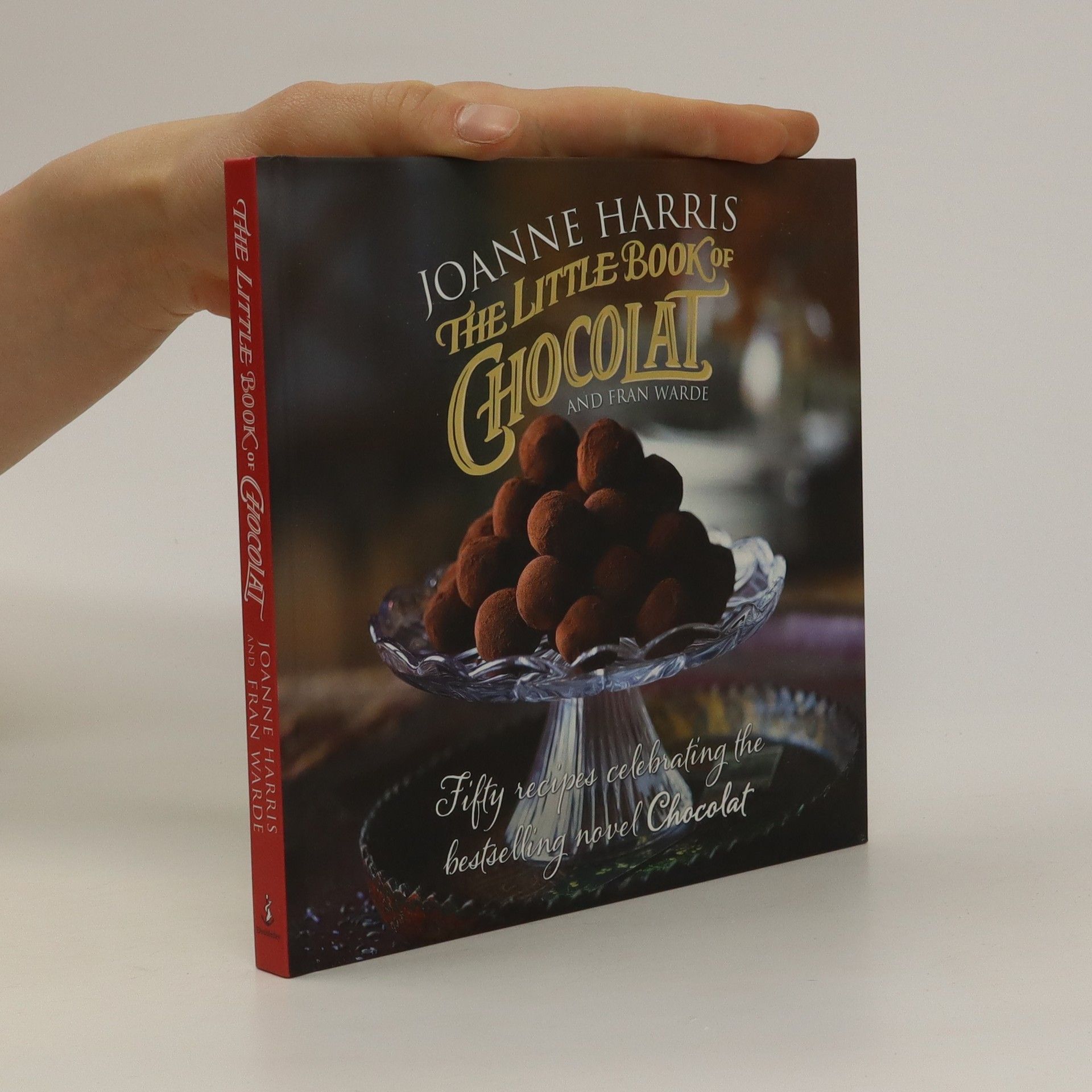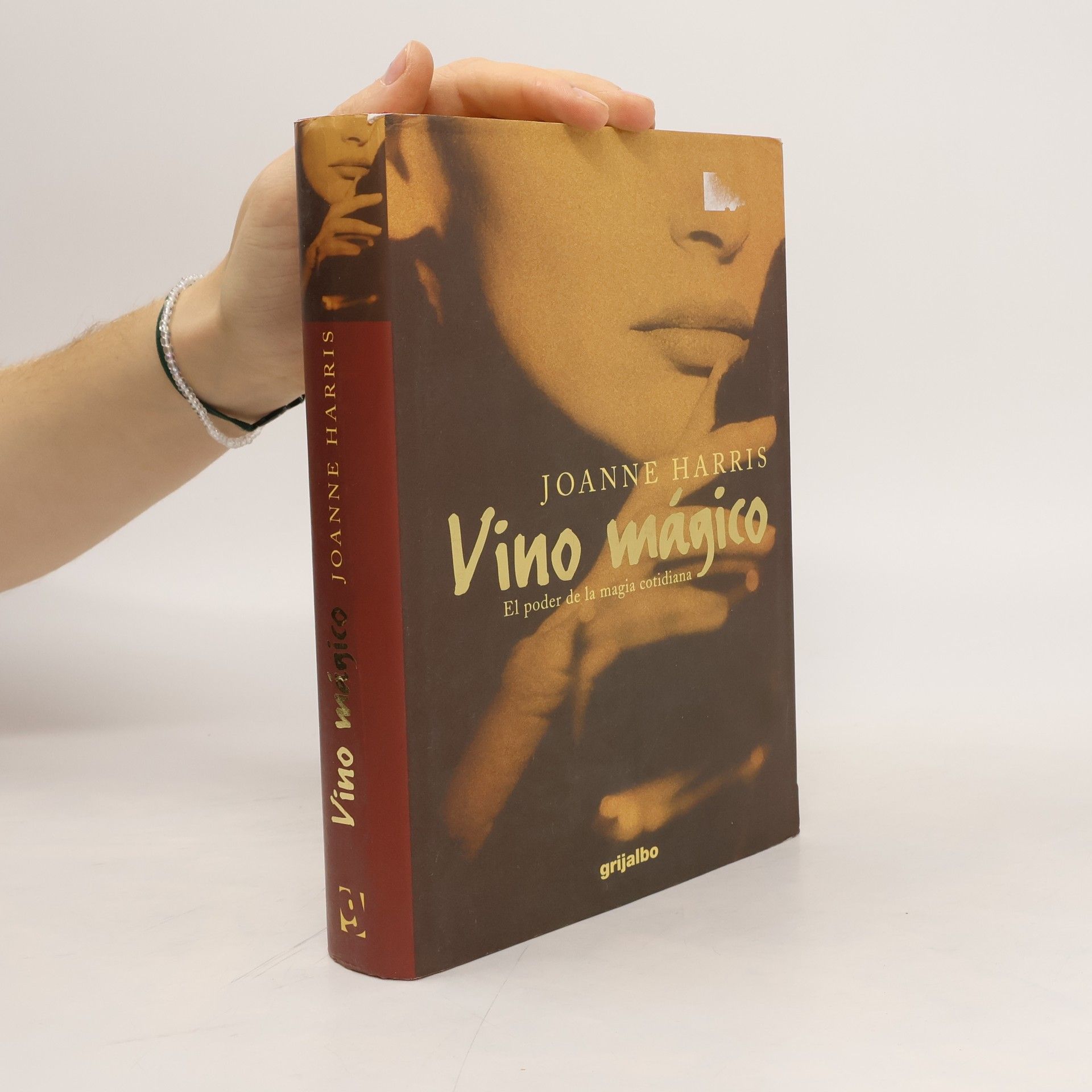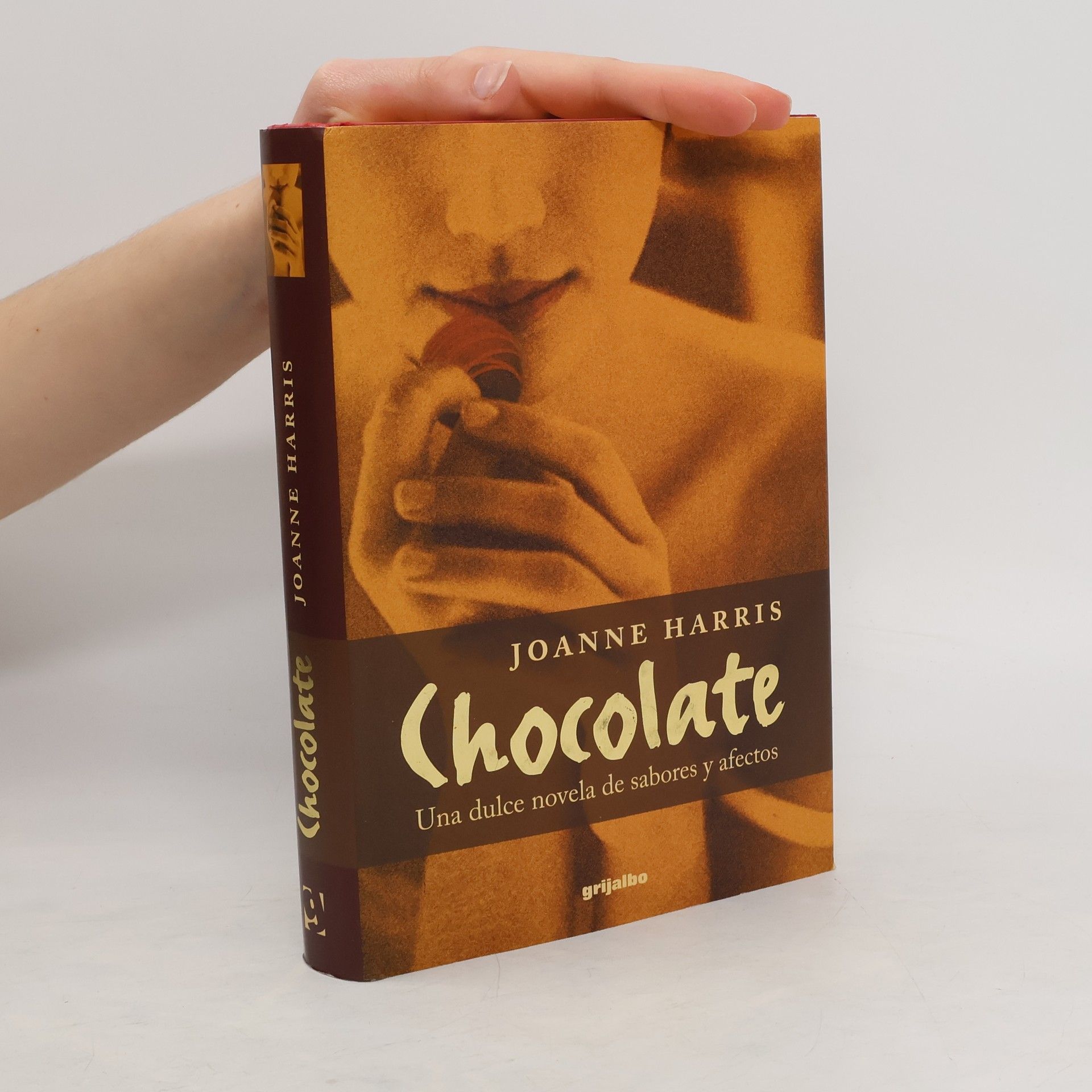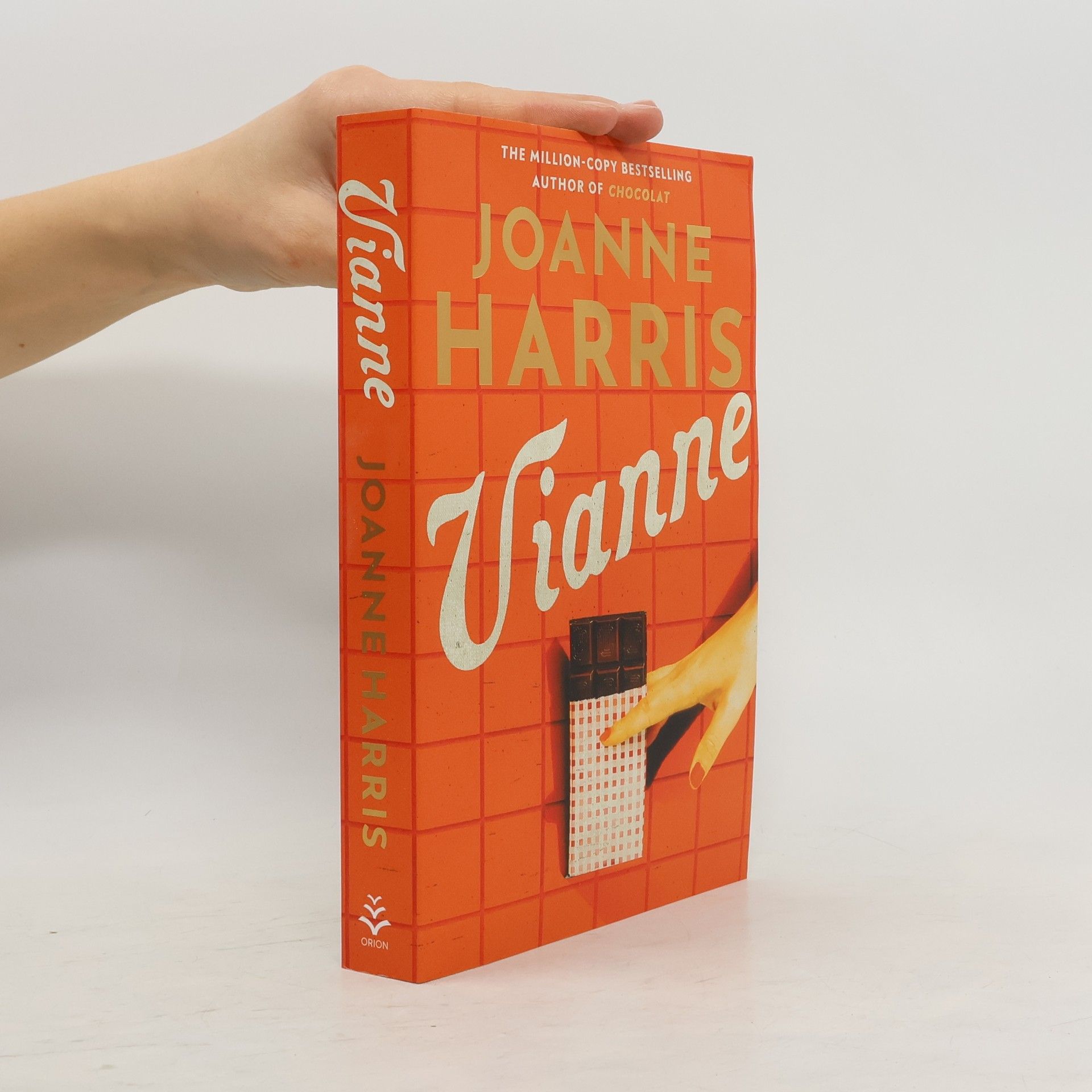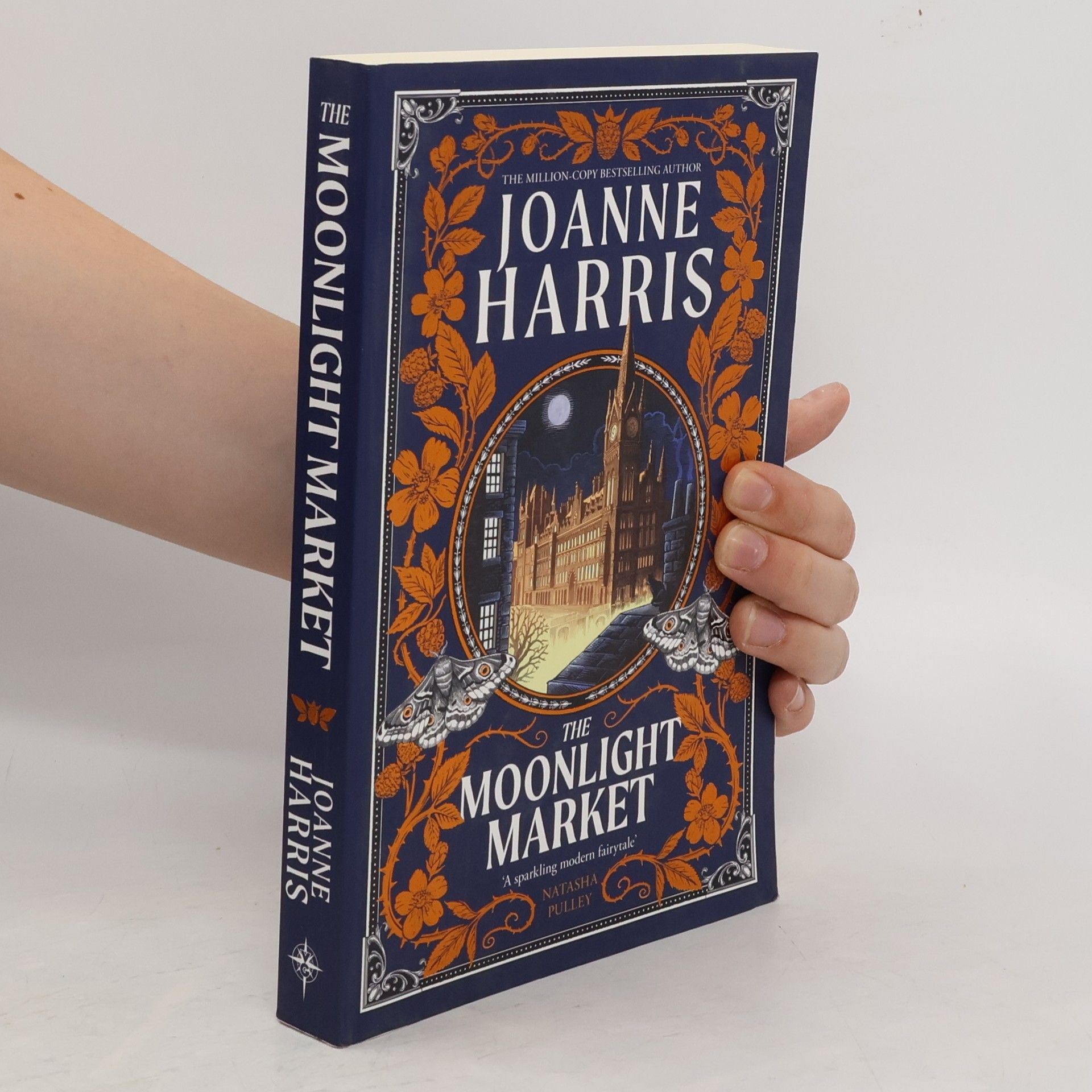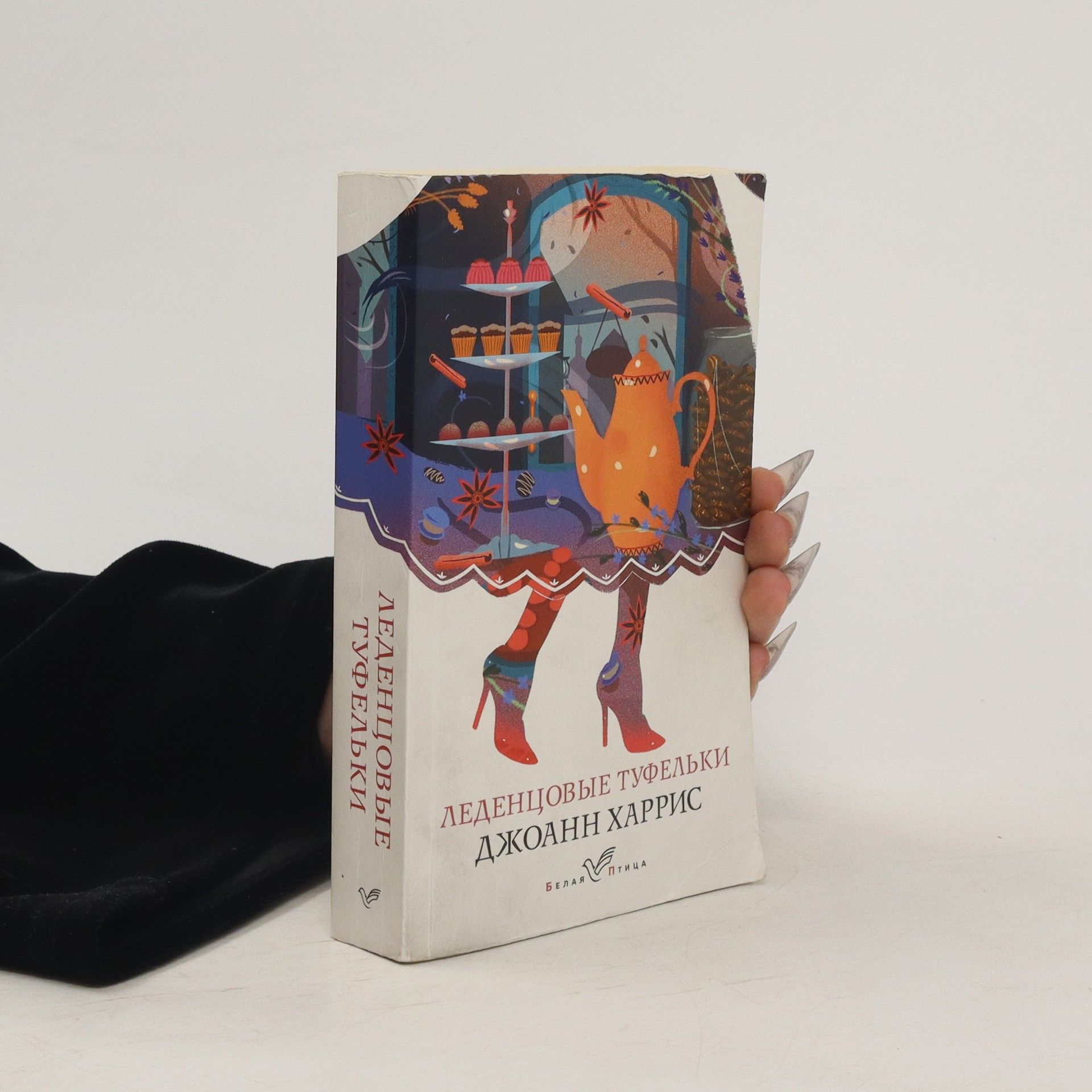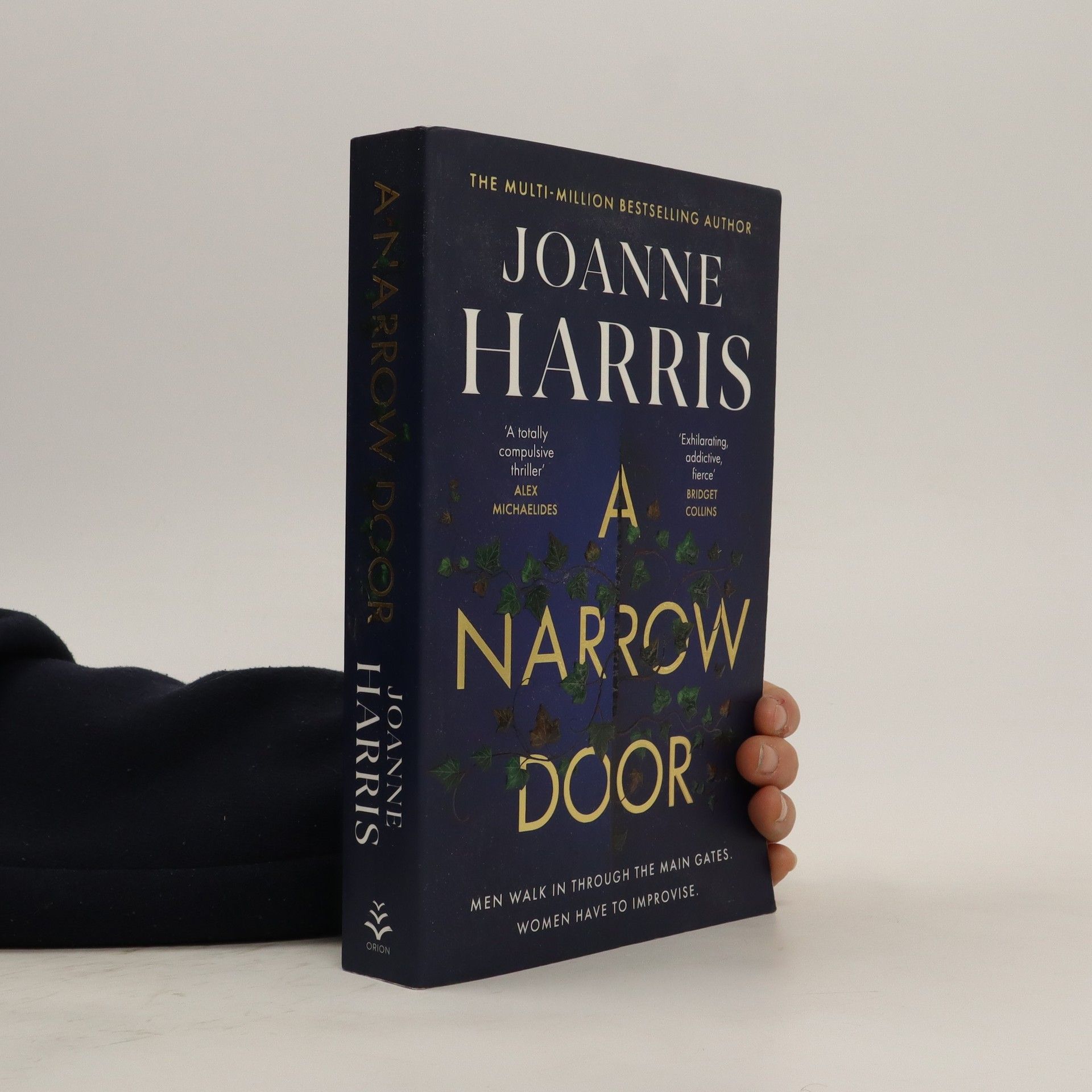Vianne
- 400 páginas
- 14 horas de lectura
Set in the enchanting world of Chocolat, the story follows beloved characters as they navigate new challenges and adventures. With a blend of magic and culinary delights, the narrative explores themes of love, community, and the transformative power of chocolate. Joanne Harris masterfully weaves together the familiar charm of her previous work with fresh elements, inviting readers back to a place where indulgence and emotion intertwine. This return promises both nostalgia and new experiences for fans of the original tale.

